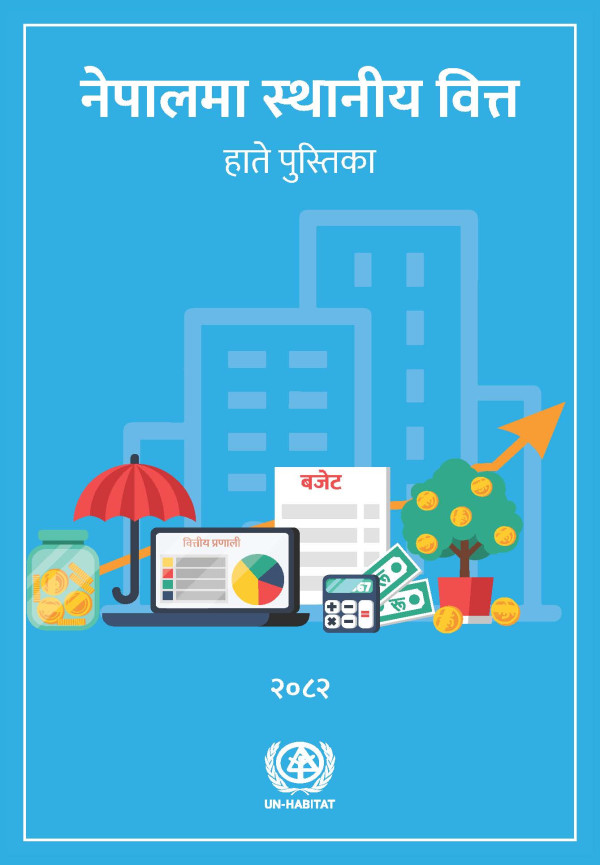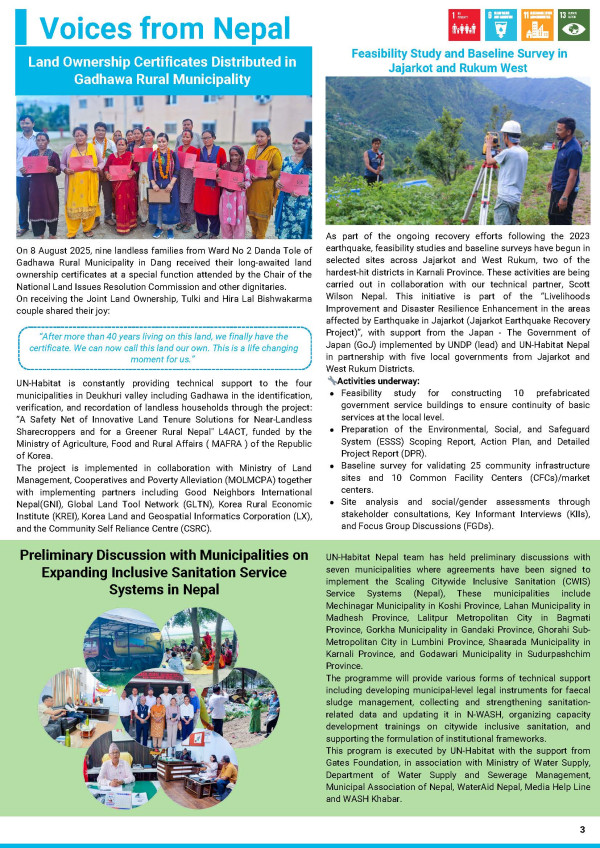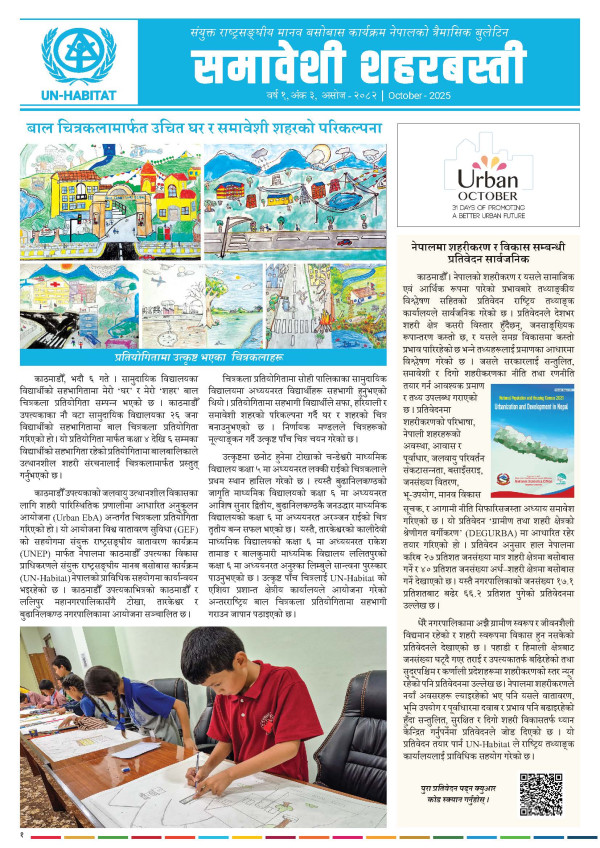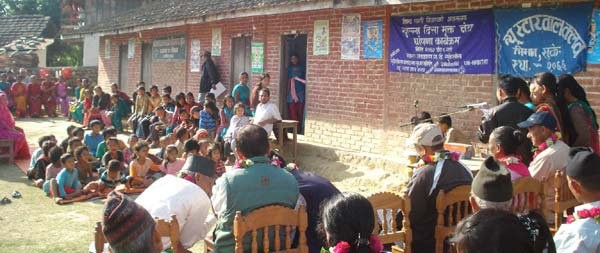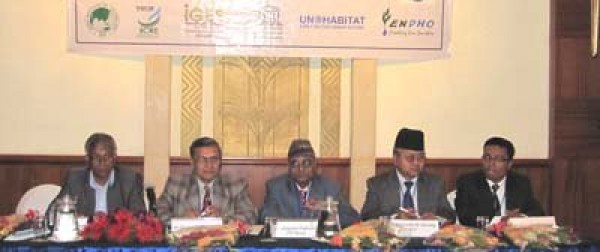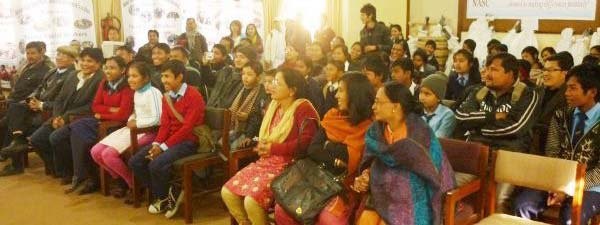Three communities declared open defecation free in Water for Asian Cities projects
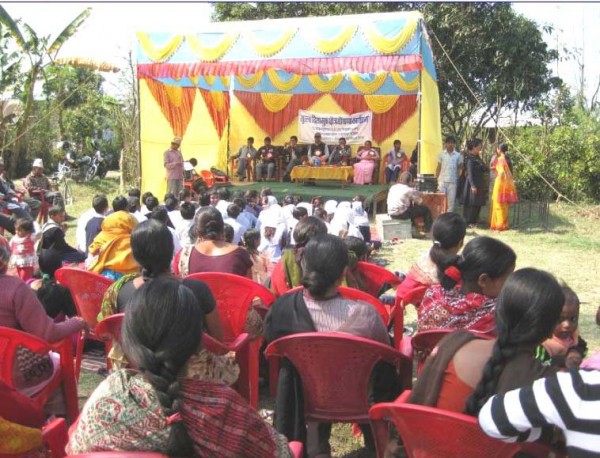
The Strengthening Water, Air, Sanitation and Hygiene Treasuring Health (SWASHTHA) project declared three communities, 1 in Tikapur Municipality and 2 in Gulariya Municipality, an open defecation free (ODF) in February 2011. The Practical Action Nepal (PAN),Environment and Public Health Organisation (ENPHO) and Municipal Association of Nepal (MuAN) with support of UN Habitat Water for Asian Cities (WAC) Programme is implementing this project in urban and peri urban settlements of Bharatpur, Butwal,Gularia and Tikapur municipalities to improve the health and well being of poor residents. These WAC partners cooperate with respective municipalities and concerned Village Development Committees (VDCs) for the effective implementation of the project. The project is also receiving support from the European Union and ISLE of Man Government. After this declaration, Sitapur has become the first community in Tikapur to declare ODF in the Municipality. There are 106 households (HHs) in the community, where 84 per cent HHs were practicing open defecation before the project intervention. The community people with support of the project constructed 89 individual toilets that helped them to bring their community to this stage. Likewise, the project established Dipendranagar and Kothiya as the second and third community to declare ODF in Gulariya Municipality. With the construction of 17 toilets in Dipendranagar and 113 toilets in Kothiya, both communities declared ODF in February 2011. In addition, the project also adopted an integrated approach in order to improve environmental health condition of urban poor communities, which firstly focused jointly on low cost household option on water treatment, sanitation,indoor air pollution and hygiene. To improve sanitation, it is promoting low cost improved pit latrine, ECOSAN (Ecological Sanitation) and bio gas. Most of the constructions were done using the local materials and local labours to create a sense of ownership and support the local livelihoods. To demonstrate the low cost toilets and to change the mindset of those people who thinks toilet construction is expensive, the project used bamboo structures,mud walls and jute bags for superstructures of toilet. It promoted hygiene education like practices of proper hand washing,safe storage of water, waste management, kitchen management and grey water management for further better health outcomes. The project is currently working closely with local authorities,Community Based Organization (CBOs), schools and Female Community Health Volunteers (FCHVs) to further improve sustainability and integration, and deliver project activities effectively. In addition, the project is also focusing its activities on the few urban environmental problems of neighbouring municipalities, small towns and potentially growing VDCs including Ratnagar, Ramgram, Sidharthanagar, Sunawal, Bardaghat, Kawasoti,Sharadanagar and Pattihani.



